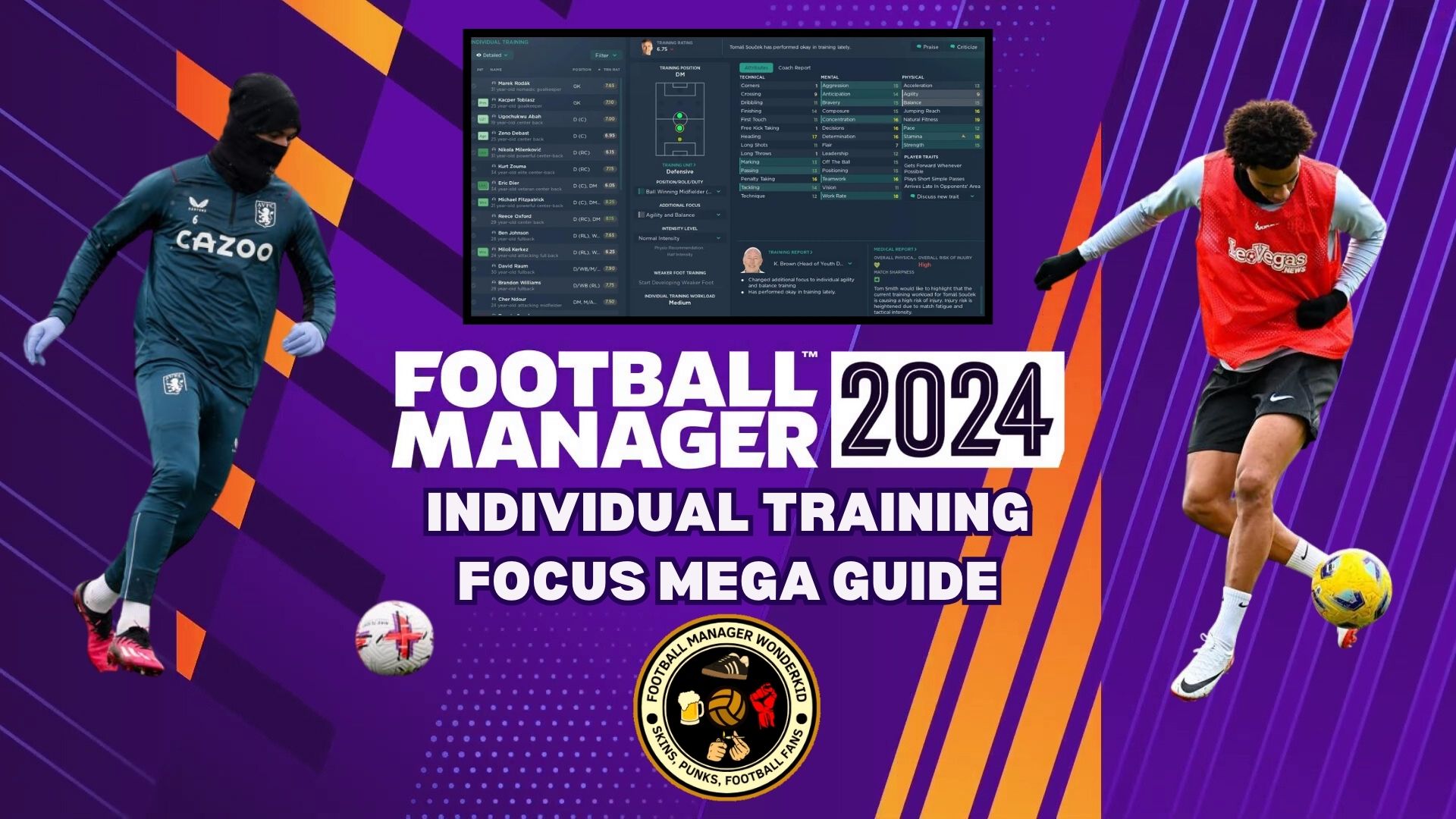FM24 individual training is important for developing your squad and improving players. We’ll cover setting up training plans and improving each player’s skills. Let’s learn how to make your team better!
| Key Takeaways |
|---|
|
Understanding Football Manager Training System
In Football Manager 24, training has three daily sessions: Session 1, Session 2, and an Extra Session. On match days, Session 2 is the game. This setup allows for both team and individual focus during the week. Training schedules help improve individual skills and player potential.
Training helps players get better at different things, like their skills, understanding tactics, and being ready for matches. It’s like putting together a puzzle to make a better player. For example, a striker might get better at scoring with shooting practice, while a defender could improve their positioning with tactical exercises.
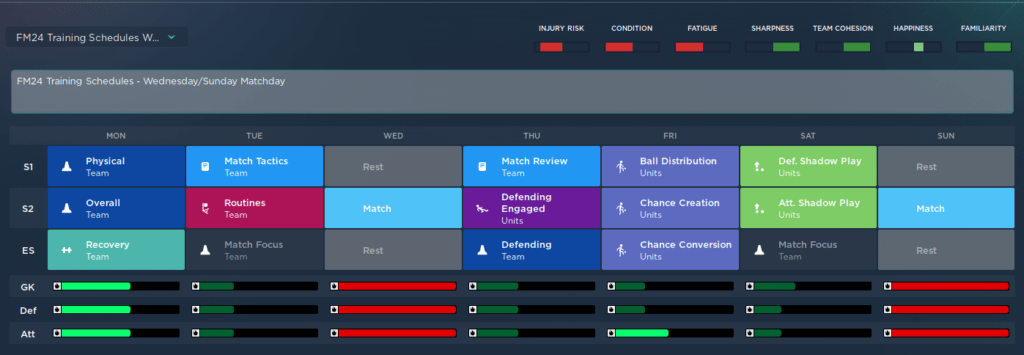
FM24’s training system is flexible and covers many areas. Managers can focus on specific parts of player development, from technical skills to fitness and mental aspects. This well-rounded approach helps players improve in all areas of their game, which helps the whole team perform better.
Setting Up FM24 Individual Training Focus
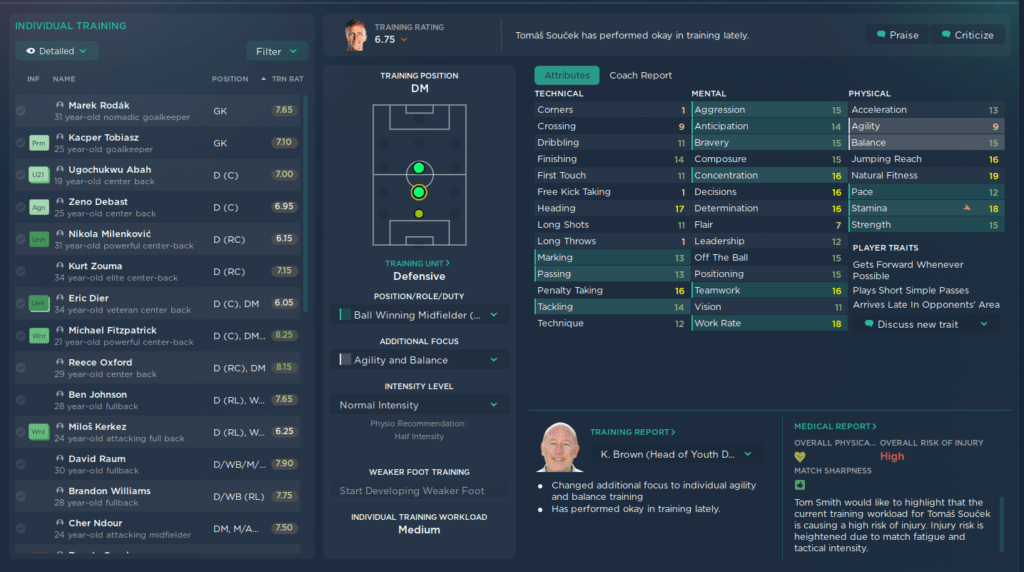
To create good individual training plans, you need to look at each player’s strengths and weaknesses. It’s like being a teacher who needs to understand what each student needs. Check their current skills, how good they could become, and how they fit into your team’s playing style.
Different positions need different types of training. A goalkeeper’s training plan will be very different from a striker’s. For example, you might focus on saving shots and passing for your goalkeeper, while your striker’s plan could work on scoring goals and moving without the ball. It’s about making the training fit each player to help them improve the most.
When making individual training plans, think about the player’s age, how good they are now, and how much they can improve. Younger players often need more general training to build a good foundation, while older players might need specific training to stay at their best or learn new roles.
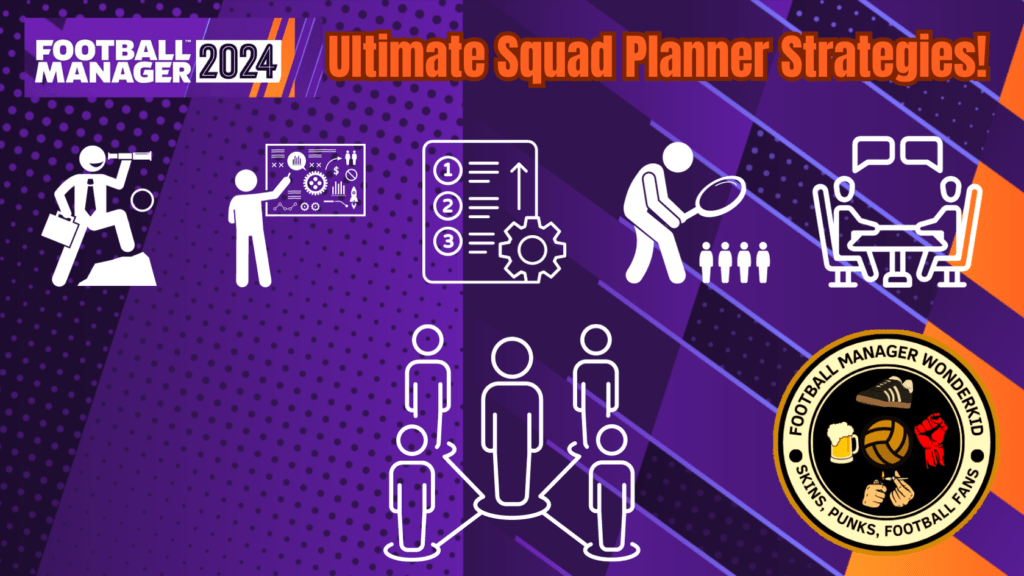
Squad Planner strategies can help you find players with the right skills for your training plans. This connection between finding new players and training them helps you bring in players who will do well with your development methods.
Position-Specific Training Tips
Goalkeeper Training
For goalkeepers, focus on reflexes, one-on-ones, and catching high balls. Don’t forget about passing – in modern football, goalkeepers need to be good with their feet too. Mix shot-stopping practice with passing exercises to create a well-rounded goalkeeper.
Defender Training
Defenders need to be good at positioning, marking, and tackling. For center-backs, you might focus on strength and jumping. Full-backs could benefit from extra practice on crossing and stamina. Remember, all defenders need to be aware of what’s happening on the field.
Midfielder Training
Midfielders are very important for your team, so their training should cover many skills. Focus on passing, vision, and stamina for central midfielders. Defensive midfielders might need extra work on tackling and positioning while attacking midfielders could practice shooting and dribbling more.
Winger Training
Speed and dribbling are very important for wingers. Set up training that improves their pace, acceleration, and crossing ability. Don’t forget about defense – modern wingers often need to help defend too.
Striker Training
For strikers, scoring goals is the most important thing. Focus on finishing, moving without the ball, and staying calm under pressure. Depending on how your team plays, you might also want to work on their heading or passing to teammates.
Key Attributes by Position
- Goalkeeper: Reflexes, One-on-ones, Aerial Reach, Distribution
- Defender: Positioning, Marking, Tackling, Strength
- Midfielder: Passing, Vision, Stamina, Technique
- Winger: Pace, Dribbling, Crossing, Work Rate
- Striker: Finishing, Off-the-ball, Composure, Heading
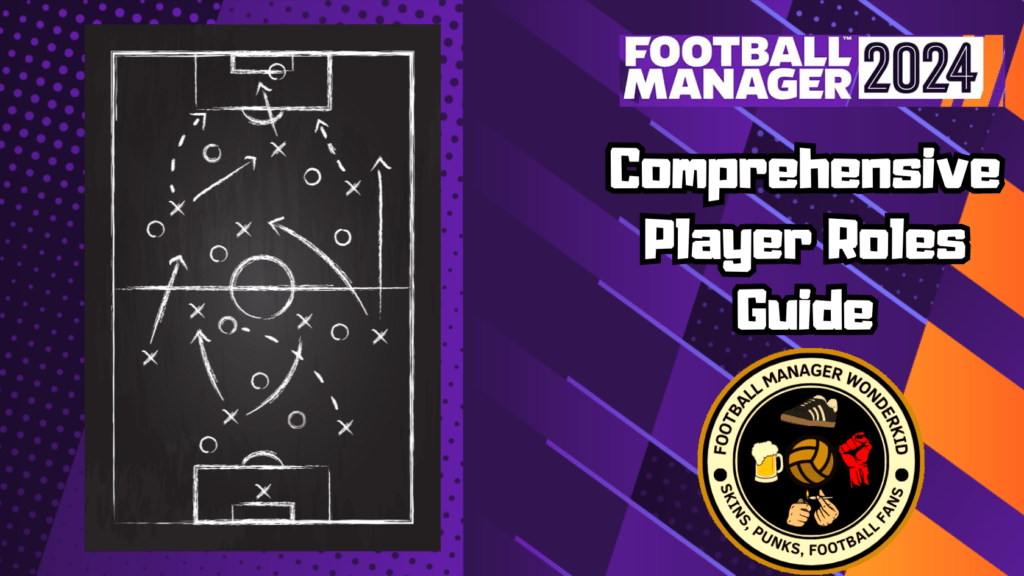
Youth Development Through Individual Training
Young players learn faster than older players. For players under 18, focus on their main skills and overall physical development. They get more benefits from training than from playing matches at this age, so don’t worry if they’re not playing many games.
When players turn 18 and older, start balancing their training with playing in matches. This is when you can start to shape them into the players you need for your team. Keep watching their progress and change their training focus as they improve.
Developing young players is important for long-term success in FM24. It’s not just about improving their skills, but also about teaching them to understand tactics and be mentally strong. Think about using mentoring groups to pair young players with experienced ones, helping them develop both on and off the field.
Monitoring and Adjusting Training Plans
Keeping track of how your players are improving is very important. Use the Data Hub to check on their performance regularly. It’s like having a report card for each player, showing you where they’re getting better and where they might need extra help.
Don’t be afraid to change training plans as you go. If a player isn’t improving as expected, or if they’ve gotten good at certain skills, it’s time to adjust. Maybe your young striker has become great at scoring but needs to work on their first touch – change their focus to reflect that.
Checking regularly lets you catch potential problems early. Watch out for signs of training too much or getting tired, especially in younger players or those coming back from injury. The training schedules should change based on the season and what each player needs.
Maximizing Training Effectiveness
Your coaching staff is very important for good training. Hire coaches who are good at Technical, Mental, and Tactical areas. It’s like having expert teachers for each subject in school – the better they are, the more your players will learn.
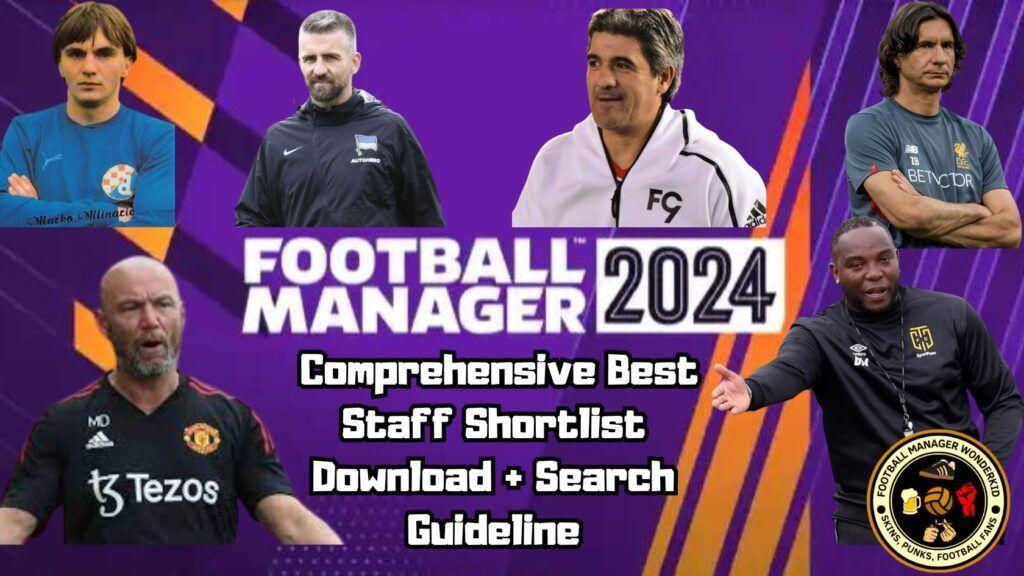
Don’t forget about your training facilities. Better facilities mean better training sessions. If you can, try to upgrade your facilities to give your players the best place to improve.
Sports Scientists can help you manage player tiredness and avoid injuries. They can help you balance hard training with rest periods, keeping your team fit and ready for matches.
To make training as effective as possible, think about when you do different sessions. Hard training might be better early in the week, getting easier as you get closer to match day. Also, pay attention to the training schedules of players who play for their national teams, as they might have different schedules.
A good scouting setup can help you find players who will benefit most from your training methods. Look for players who are determined and professional, as these mental traits often mean they’ll improve faster and train better.
FM24 Individual Training Focus Impact on Player Attributes
Individual Training Focus – Sharpen Specific Player Skills
Getting really good at FM24 individual training takes time and patience, but it’s worth it. You’ll see your players get better, your team improve, and your tactics work better on the field. Remember to check regularly, make changes when needed, and always think about how your whole team is developing.
With these tips and ideas, you’re on the right track to create a really strong team through smart, focused individual training. Keep trying new things, learning, and most importantly, enjoy watching your players reach their full potential. Now go lead your team to victory!
Remember, good training in FM24 is about more than just improving skills. It’s about creating a team that understands how you want to play and can do it on the field. Use team training to support your playing style and tactics, making sure that individual improvement matches team goals.
Lastly, don’t forget about mental attributes in player development. Things like determination, work rate, and professionalism can really affect how fast a player improves and how consistently they play well. Think about focusing on these aspects, especially for promising young players, to build a team with the right mindset for long-term success.

